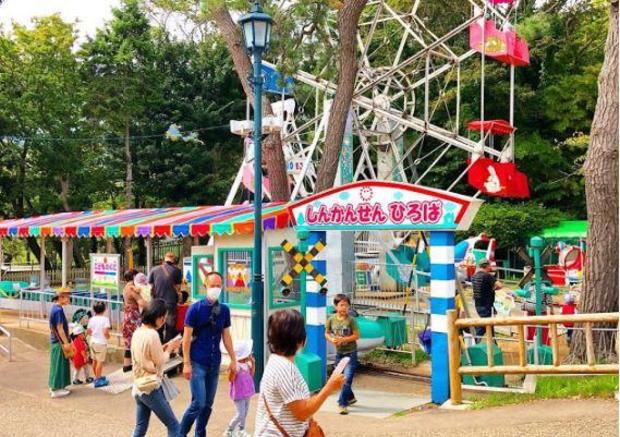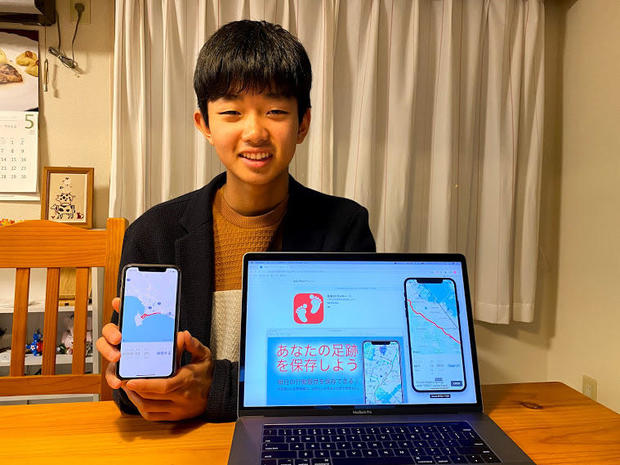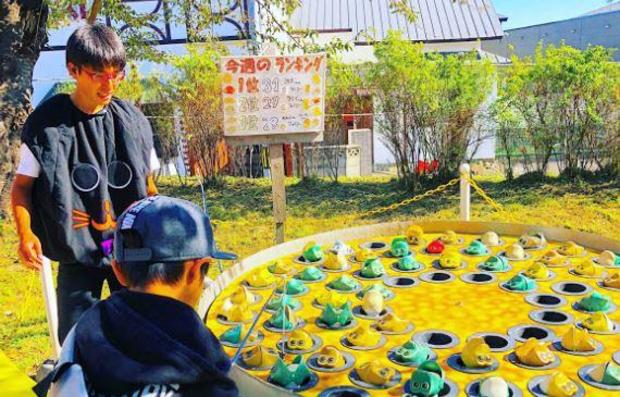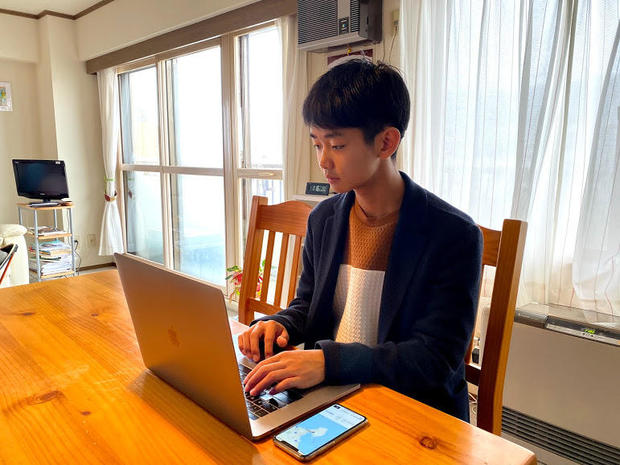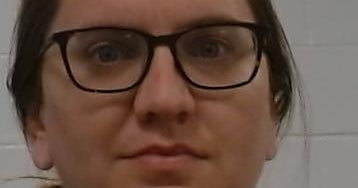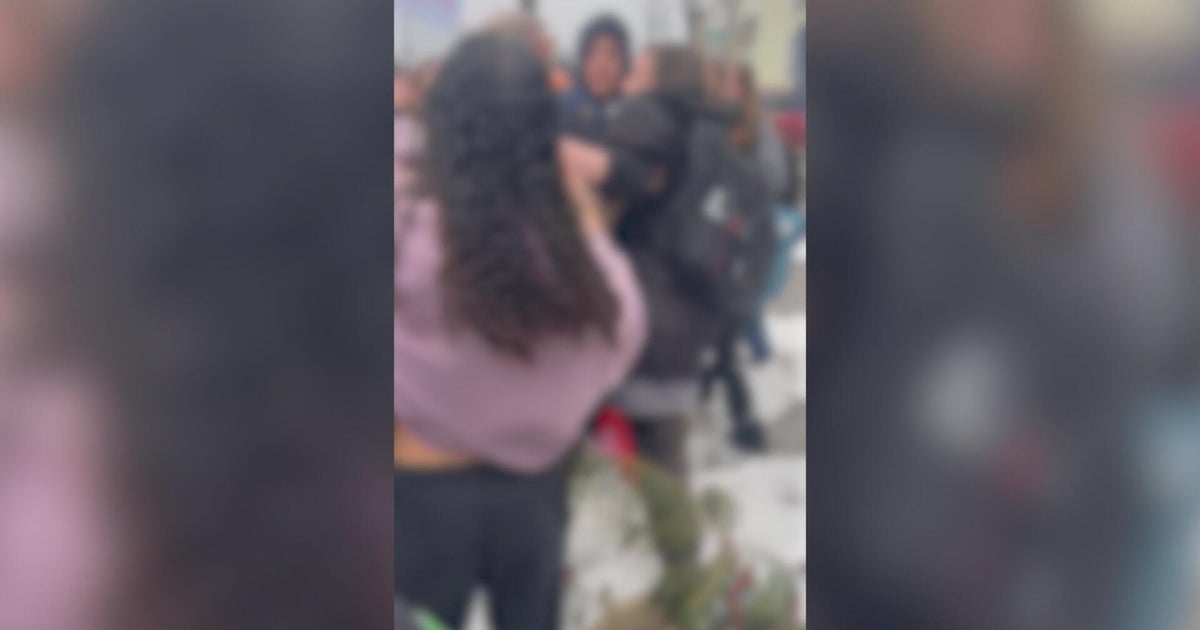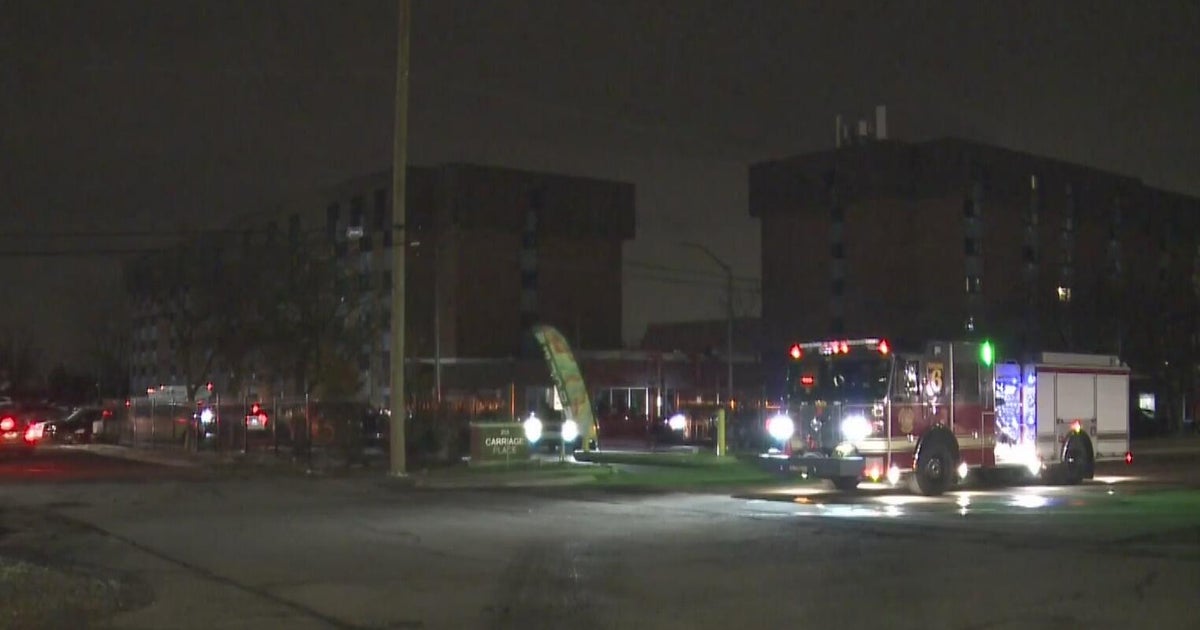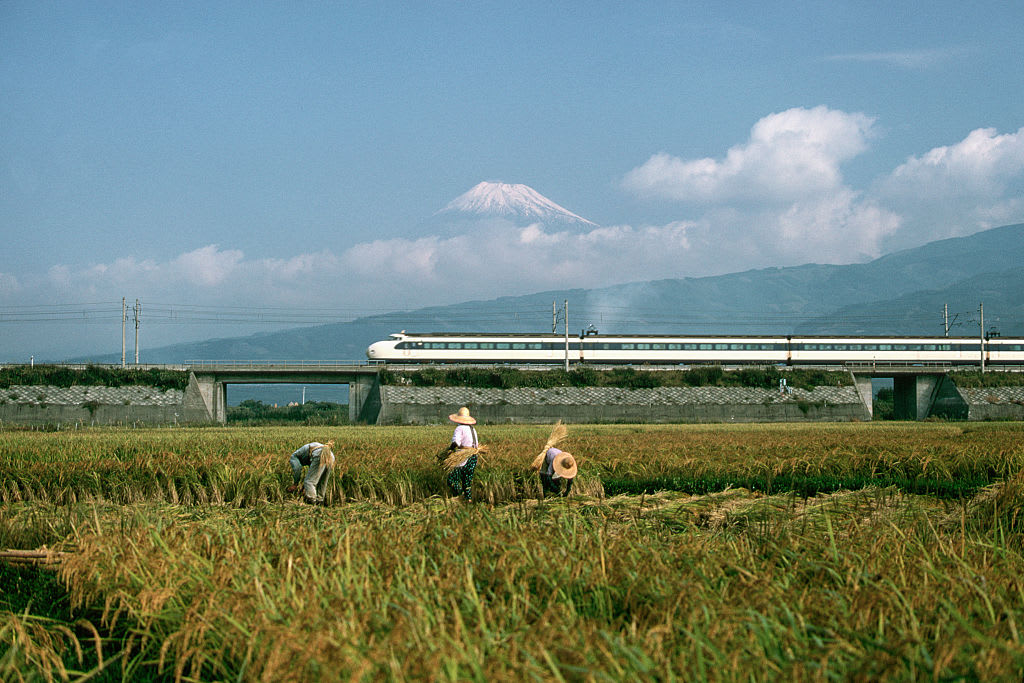Teen's tracking app takes a different approach to the coronavirus challenge
Tokyo — Sheltering in place is no sweat for teenager Syu Kato, a self-confessed tech geek from the Japanese city of Hakodate. Well before the coronavirus pandemic hit, Syu had become so obsessed with programming that he gave up life as a typical high school student and switched to online classes — so he could eke out more hours for his passion, building apps. Aside from brief skateboarding breaks, he rarely left the house.
But the global crisis has intruded into even the most hermetic of existences, and Syu (pronounced "shu") was no exception. The Katos' small amusement park, the family business, was forced to shut down last month.
Coronavirus cases for which the route of infection remains unclear has persistently complicated efforts to contain Japan's epidemic. As in the U.S. and elsewhere, Japanese health authorities have been overwhelmed by the challenges of contact-tracing, or identifying those routes of infection.
So the soft-spoken, genial 16-year-old did what he does best.
"I wondered how I could help," he told CBS News from his home in downtown Hakodate, in northern Japan. "I thought, I could make an app enabling people to recall their whereabouts."
Syu's "Asiato" (Footprint) app is available for free in both English and Japanese, only to Apple users on the iPhone store right now. It uses only GPS data — not Bluetooth like some coronavirus tracing apps — to record a user's movements at one-minute intervals, but only within about a 32-foot range.
He says the idea isn't to record locations in detail, but to jog users' memories about where they were and who they saw, to help anyone exposed to COVID-19 track down others they may have infected without compromising their own privacy.
Asiato was developed for ease of use and, most importantly, said Syu, privacy. Amid concerns over data security and privacy issues around many of the much larger-scale apps being rolled out around the world, Asiato takes a very different approach: It only stores data on the user's own smartphone, so the information isn't uploaded to cloud storage and isn't accessible to governments or other third parties.
Syu built the app in just 10 days, and he finished it just as a second wave of infection was striking Japan's northern island of Hokkaido, where he and his family live. Asiato has been downloaded 19,000 times, with the vast majority of users in Japan.
It's unclear whether any health authorities are using it, but many users have offered hints for bug fixes or just cheered on the high school student, who's become something of a media star.
App-y childhood
Growing up with free, unlimited use of the family amusement park, Syu and his big brother were the envy of every kid in town.
"I had the all-time record for the frog fishing game!" he recalls. Built in 1956 by Syu's great-grandfather, "Children's World" can't boast the newest attractions or the fastest rides, but it has reliably drawn families for decades, with about 150,000 visitors a year.
"It's kind of a retro place," said brother Daichi, 20, who now manages the park with his parents. The vintage eight-car Ferris wheel, Japan's oldest, was recently named a cultural property.
"In Hakodate, everyone goes to Children's World," Daichi said. "Folks who went as children now bring their grandkids. It's nostalgic for locals."
But despite a seemingly charmed existence, Syu became so ill as a toddler that his parents feared he might end up permanently disabled.
Determined to ensure the boy's future, his father decided there was no time to waste: By second grade, Syu was using a keyboard. In fourth grade he learned programming and within a year, he'd created his first app; to help his mother check his arithmetic homework.
By 2017 one of his innovations, simplifying programming for kids, had won a national award.
One of his bestselling apps helps kids write book reports; another enabled residents to crowd-source information on where blackouts were occurring during a 2018 earthquake. Asiato, his contact-tracing app, is his 13th.
"Usually I work at the kitchen table, sometimes at the living room sofa," he said. The family's apartment is tiny, so the brothers don't have their own rooms. "Usually I have my headphones on," Syu says.
He favors Justin Bieber or other foreign pop music to reduce distractions.
When the crisis lifts, Syu plans to leave home for good, founding companies that solve even bigger problems and allow him to live abroad. His role model is Elon Musk.
"I want to think outside the box," he said.
